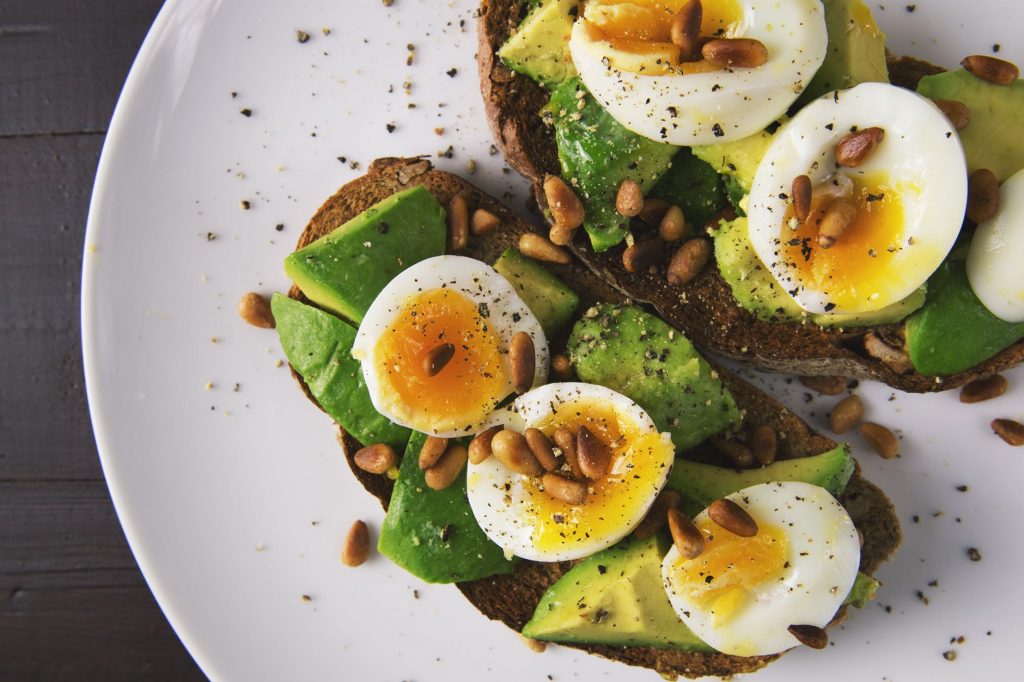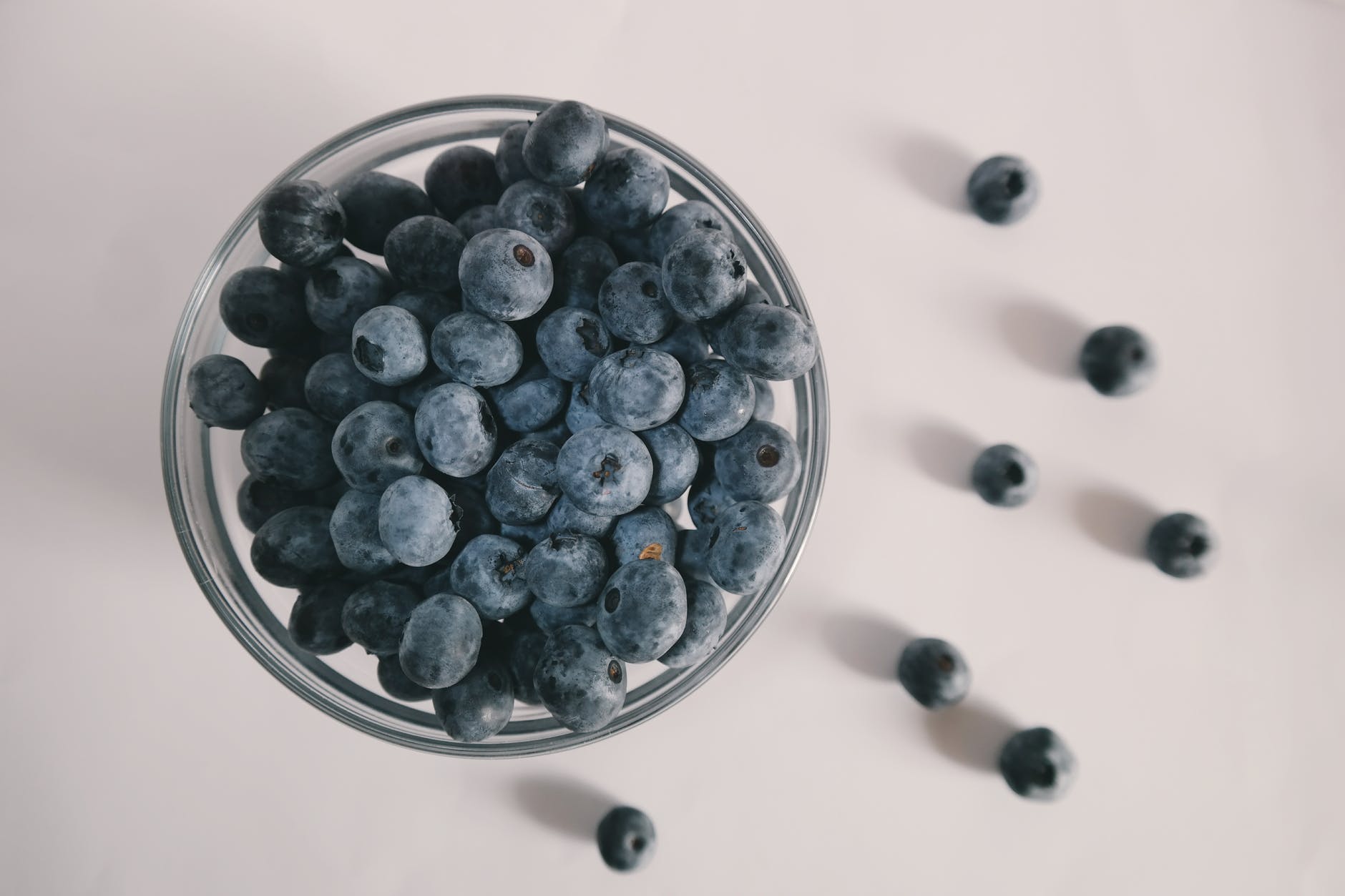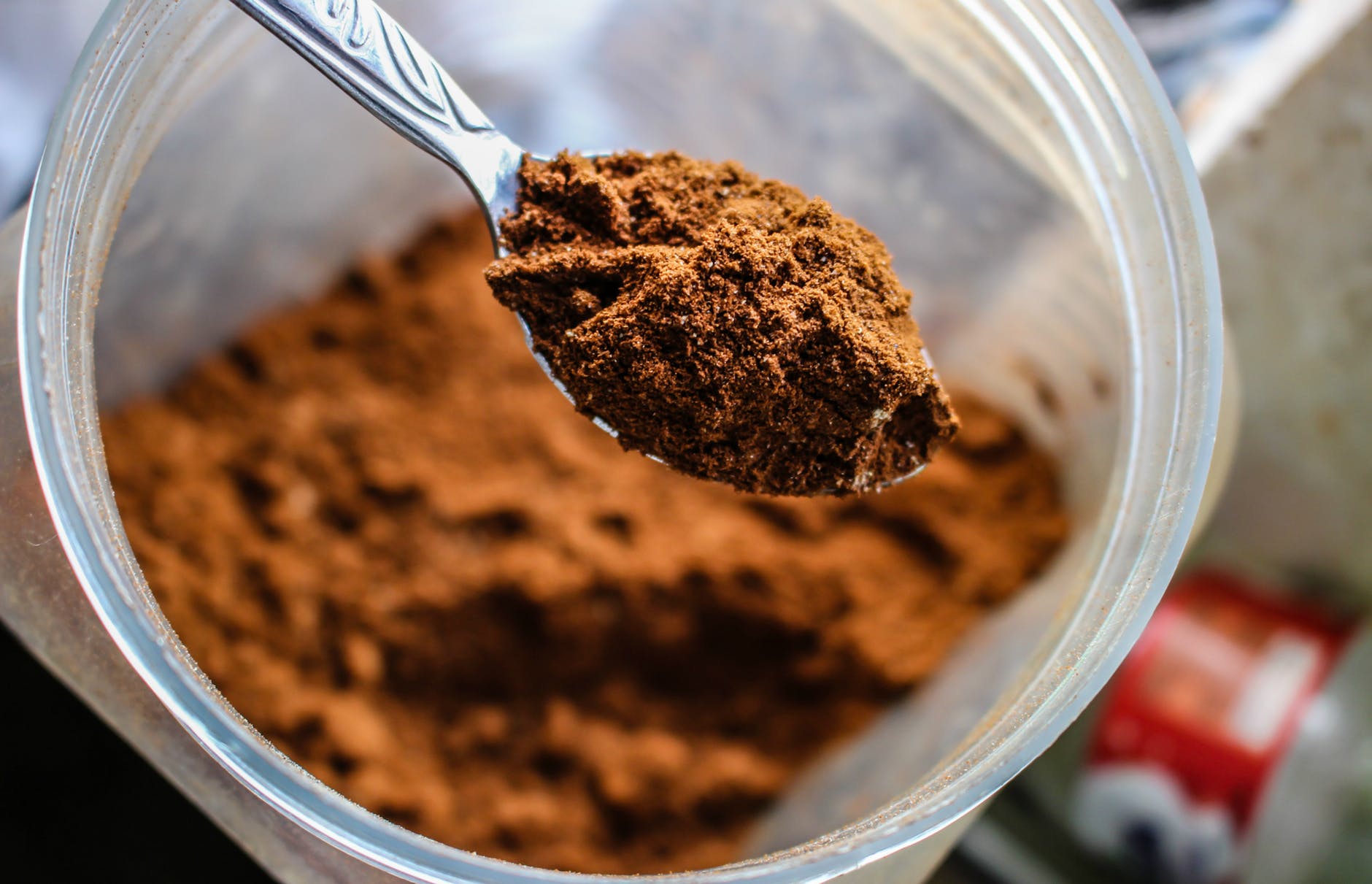Prevent Dementia With These 5 Key Foods

Adherence to a healthy, fruit and vegetable-based diet is becoming increasingly popular and is very promising for maintaining one’s brain health. For example, the Meditteranean diet, which consists primarily of fruits, vegetables, nuts, legumes, and fatty fish, is very good for improving cognitive function.
There are indeed certain foods to add to your diet that can provide neuroprotection and lessen the possibility of dementia from occurring. Today we are going to focus on 5 of these powerful foods.
1. Blueberries

Image via Pexels
A study examining the effects of blueberry in one’s diet found that blueberries improve memory in older adults. For the study, wild blueberry juice was prepared and administered to adults in their 70’s and 80’s. After only 12 weeks, the adults showed notable improvements in their memory function.
The power of blueberries comes from their high contents of flavonoid antioxidants, compounds that ultimately heal inflammation and oxidative stress in the brain. Research has shown that blueberries can improve communication between brain cells as well.
2. Peanuts
Peanuts contain an excellent nutritional profile that may help the brain.
Studies have examined resveratrol, a beneficial compound found in peanuts, mulberries, grapes, and many other plants. It turns out resveratrol can prevent and even help treat the symptoms of various neurological disorders, including that of Alzheimer’s disease.
Peanuts are most often eaten in the form of peanut butter. While it is completely fine to consume peanuts in this form, try to opt for natural peanut butter that is free of sugars and vegetable oils.
3. Fatty Fish

Image via Pexels
Fish such as sardines and salmon contain the omega-3 fats that are promising for preserving thinking skills and even preventing dementia.
Fatty fish contain all forms of omega-3 needed for the human brain—namely, ALA, EPA, and DHA.
As with peanuts, it is important to source your fish wisely to obtain a maximum number of nutrients and avoid unwanted ingredients. Always go for wild-caught fish, preferably from Alaska, where fishing regulations are more responsible.
4. Avocados
Avocados contain some of the most beneficial, brain-healthy plant fats known. They also contain antioxidants that can possibly prevent neurodegenerative diseases, including Alzheimer’s disease.
5. Dark Chocolate

Image via Pexels
Dark chocolate has recently gained large amounts of coverage as being a health food rather than being simply candy. Indeed, as long as you stick to high quality, organic dark chocolate with low amounts of sugar, you will be benefiting your brain.
The consumption of dark chocolate has been shown to improve electrical activity in all regions of the brain. Higher brain activity is directly associated with better memory and overall cognitive function later in life.
Eat These (And Other) Amazing Foods Every Day
Neurodegenerative diseases plague much of the world, but luckily due to up-and-coming research, we are now able to decrease the probability of these ailments manifesting in the first place. Eating a healthy diet and trying at home screening with the BrainTest® app are two excellent ways to take care of your brain before the emergence of any serious neurological ailments.
This article provides a general (yet powerful) guideline of foods that can fuel your path to better brain health. According to research, these 5 foods will help sustain your brain health and also actively prevent dementia. Try your best to include the 5 foods listed above into your daily diet.

